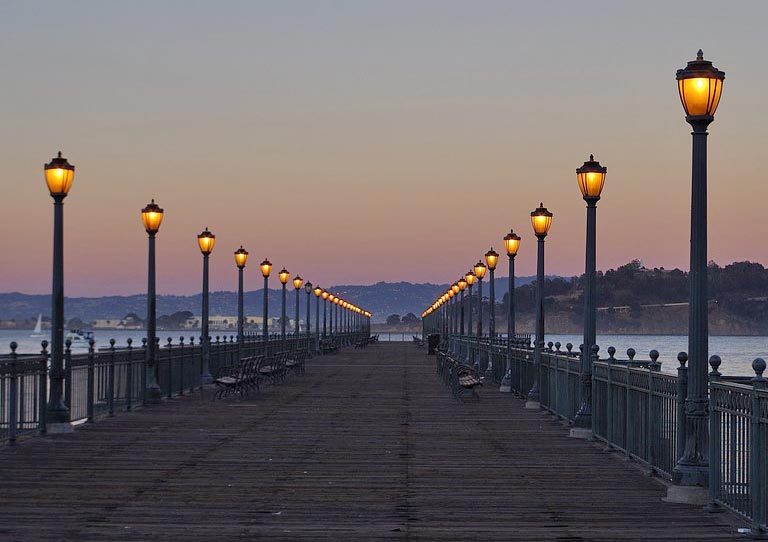Definition of the Free Rider Problem – This is a situation where individuals are able to consume a good without paying. This creates a situation where there is little incentive to pay for the good – instead, we hope that others pay for it and we can get the good and save our money.
Because of the free-rider problem – public goods are under-provided or not provided at all.
Public goods have two characteristics:
- Non-excludability – Once provided it is for everybody, you can’t stop anyone using it.
- Non-rivalry – when you consume good it doesn’t reduce the amount available to others.
Why do we get a free rider problem?
It occurs with goods where there is non-excludability.
Non-excludability – means that once a good is provided – it is available for everyone – you can’t stop anyone enjoying it. If you provide street lighting in your village, then everyone can benefit from the light.
In this case, there will be a temptation to ‘free-ride’ hoping that someone else pays for it and then you get the best of both worlds – you can enjoy the good, but not have to pay towards it.
Example of Free Rider Problems
Security guards
If your neighbourhood has seen a rise in crime, local residents could pay for a security guard. Everyone in the street will benefit from a security guard, but there is a temptation to not pay towards the cost, but hope that other people provide the public good of improved security.
Milk and water
A king asked his subject to bring milk and pour it into a big pot to distribute among the poor. When the large pot was examined, it was all water. The villagers had each brought water. They thought if they diluted the milk a little with water, no-one would notice. Water bringers were ‘free-riding’ on those who brought milk.
Cleaning up
If your neighbourhood is full of litter, if someone picks it up, everyone benefits from a cleaner environment. But, there is an incentive to hope someone else does the cleaning.
Flood Defences
Flood defences is a classic example of a public good. But, getting everyone in a city of one million to contribute would be difficult, because of the incentive to free-ride.
Free-rider effect and behavioural economics
“Economists are free-riders, what are you?”
Classical economics assumes individuals are rational utility maximisers. However, in recent decades, economists have become more critical of this model and aware that individuals face many different motivations. For example, Elinor Ostrom researched how individuals could overcome free-rider problems by working in harmony with aims of the local community. Social pressures and feelings of responsibility can cause people to contribute to public goods – even if, in theory, they could free-ride on others.
Related

